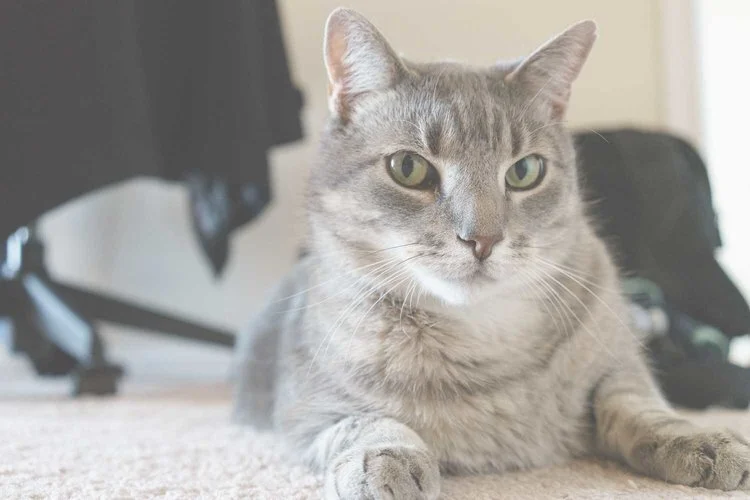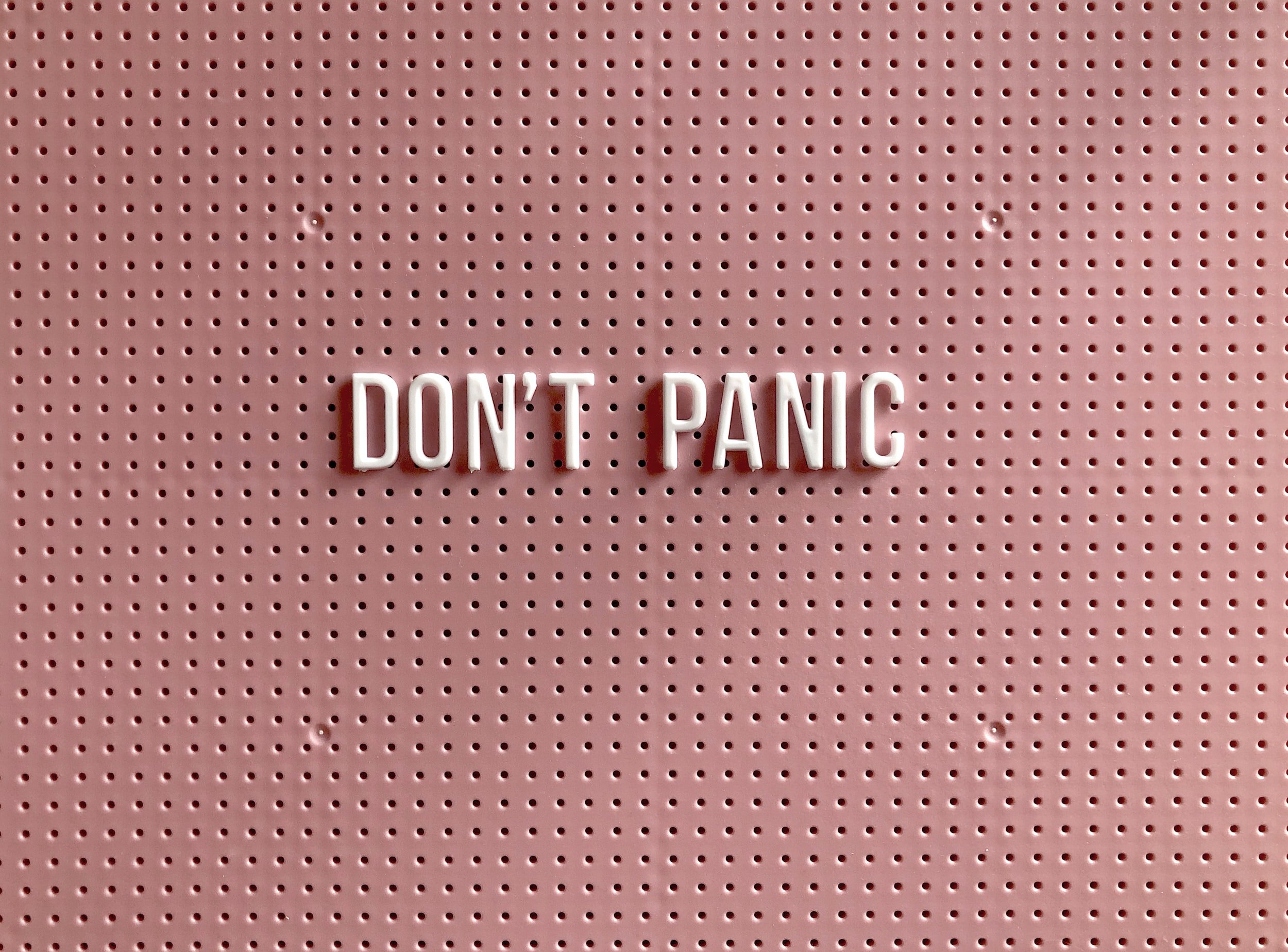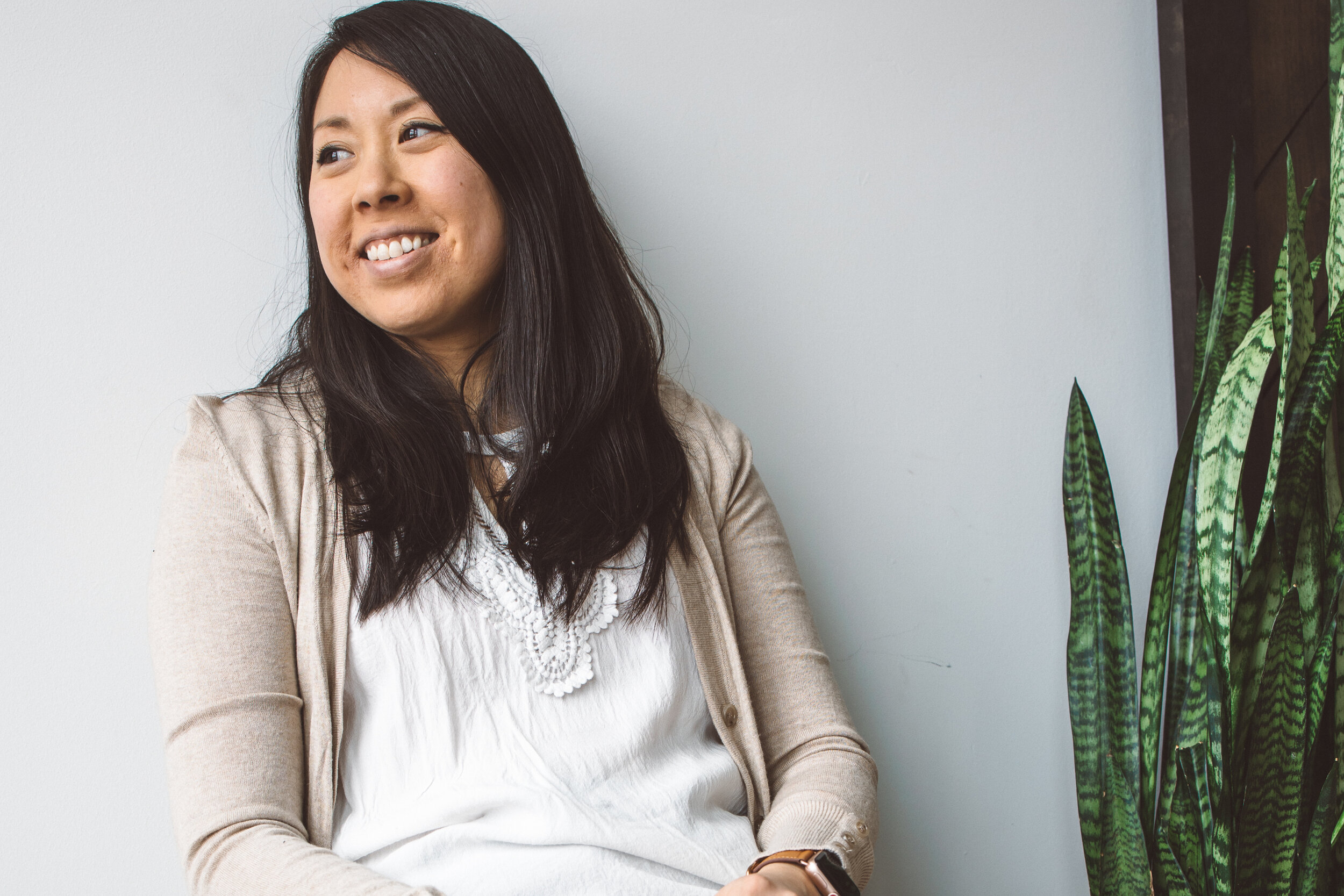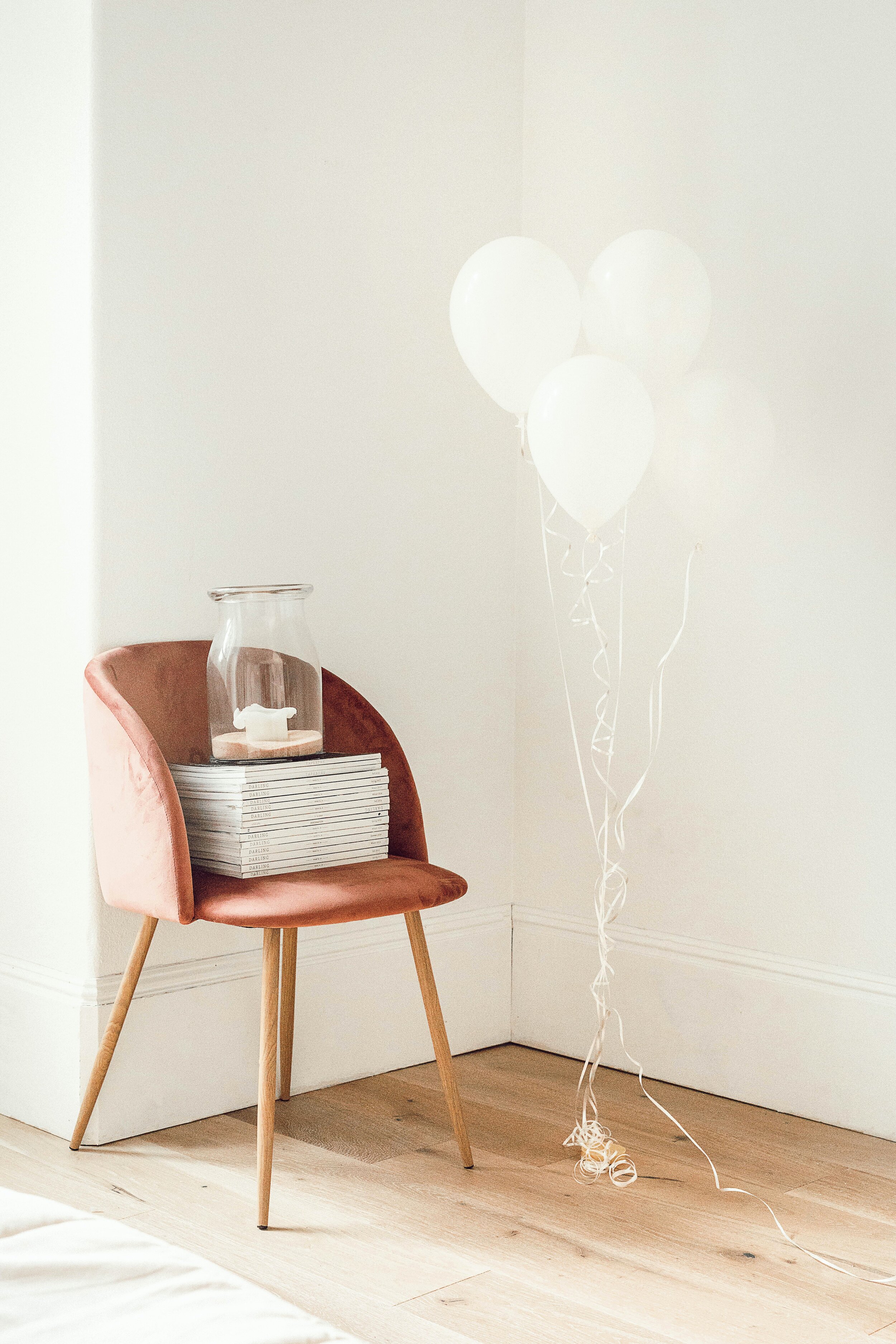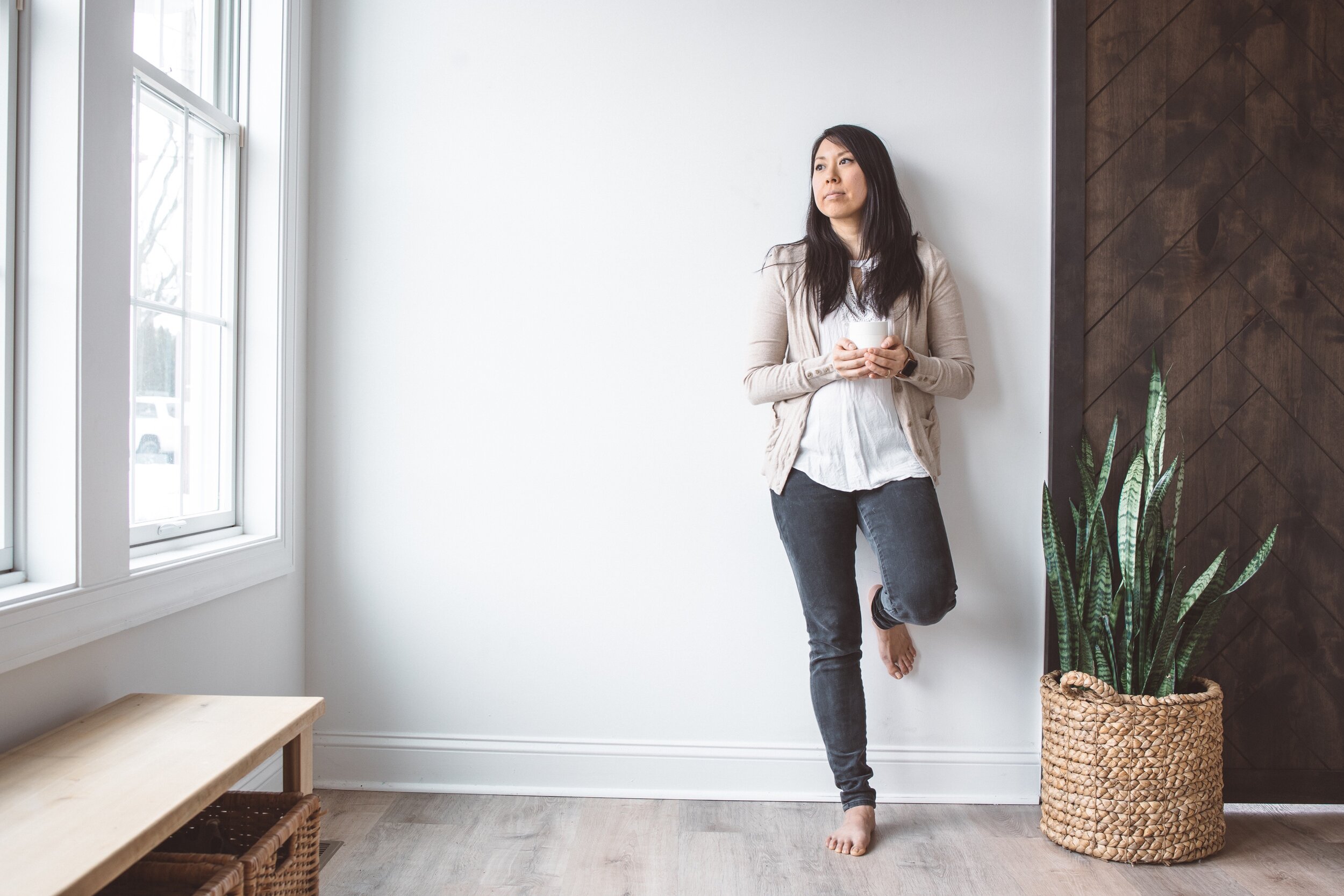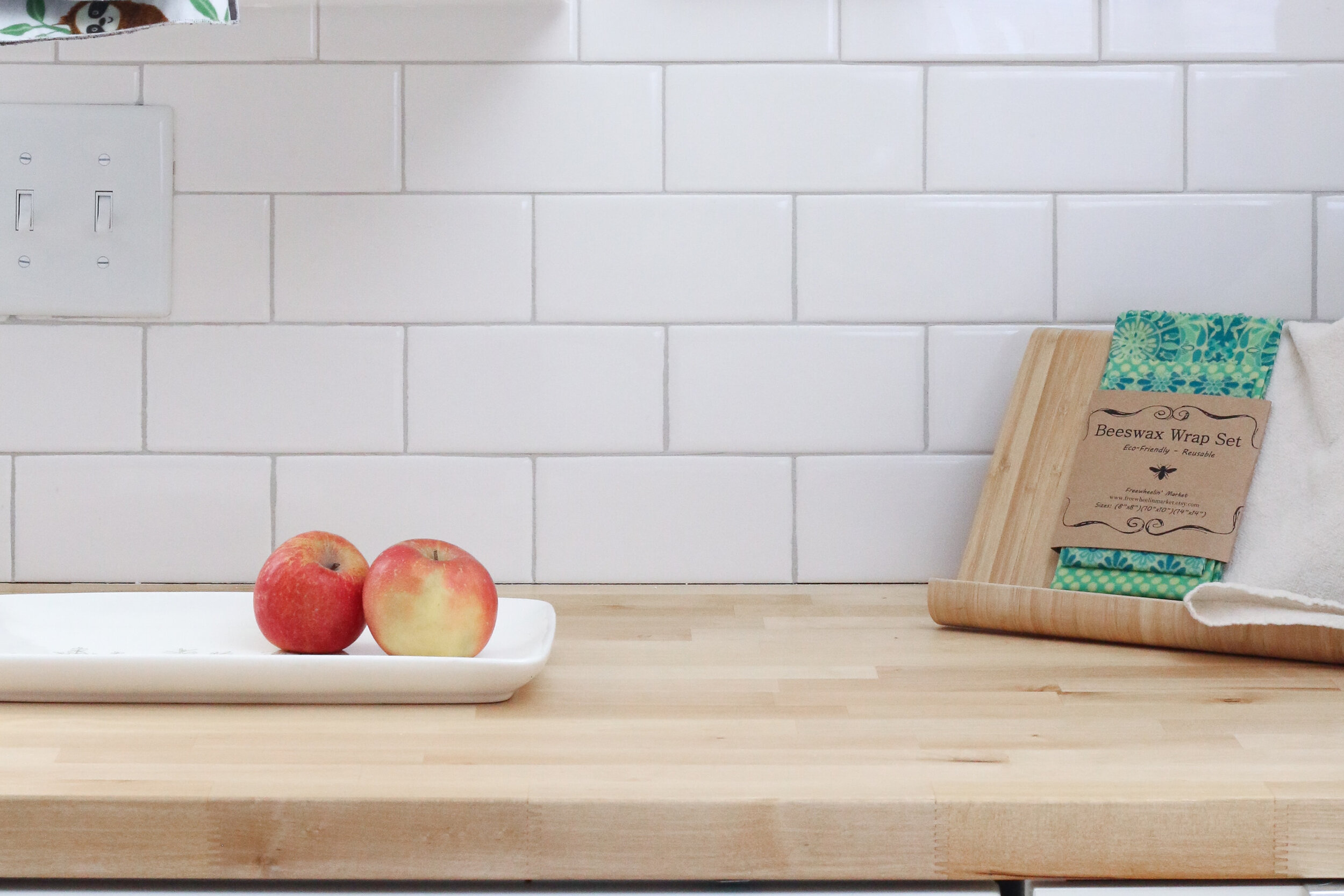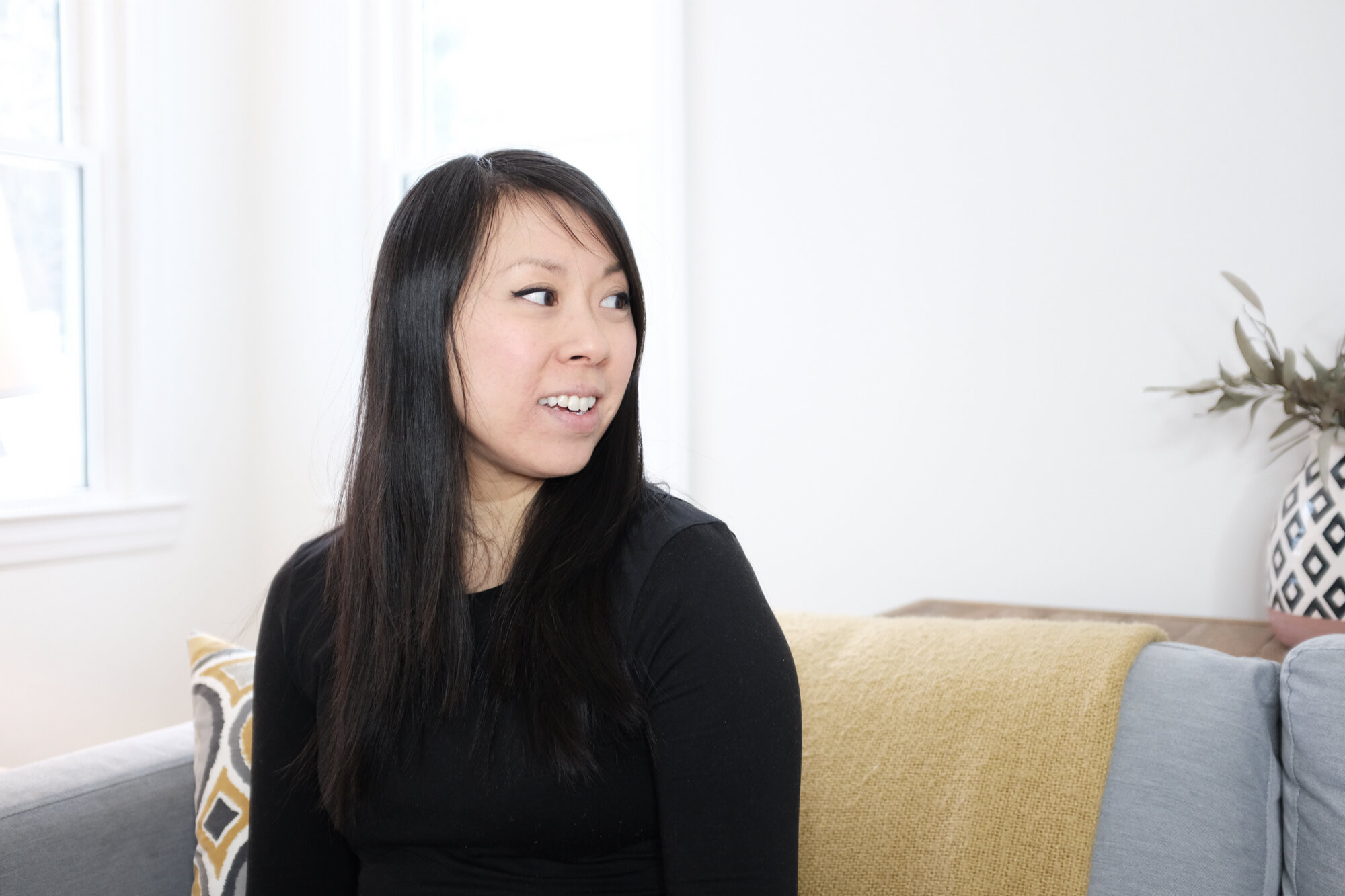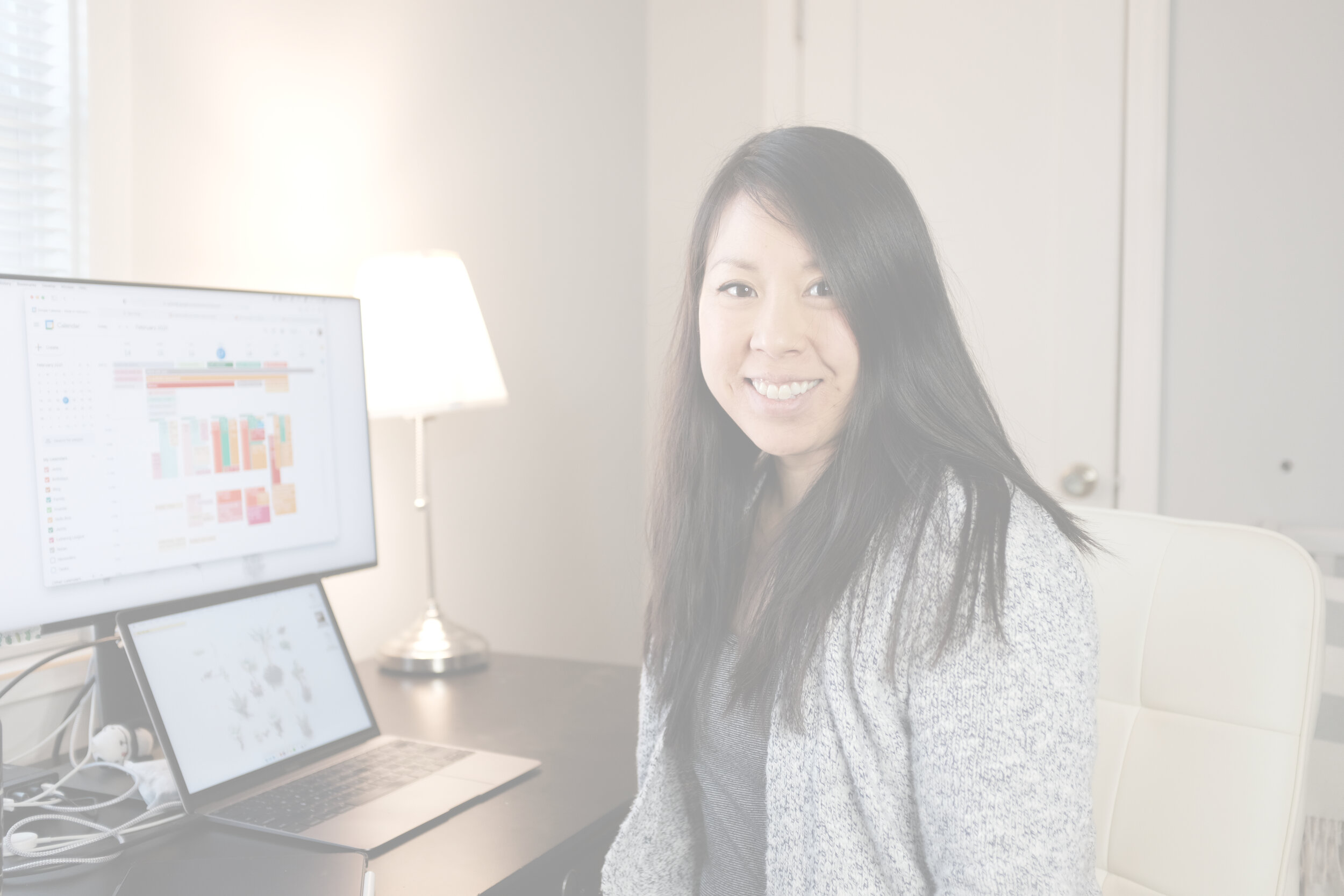Creative Minimalists | JT, Software Engineer
Are you a minimalist, and a creative person?
Welcome to the second interview of the new series, Creative Minimalists. Here we'll talk about how living an intentional life can affect creativity.
This week, I'm talking to one of my best friends (in real life!) Jon Thompson. JT is a software engineer and moves just as much as I do, if not more!
Pin for later
jon-thompson-software-engineer-creative-minimalist.jpg
If you want to participate in this interview series, go here.
JT currently writes software to help make youth sports more accessible at a Philadelphia startup called LeagueSide. In addition to software, he is passionate about dance, personal finance, real estate, and mindfulness via meditation and minimalism. He meditates daily and has been interested in minimalism for almost a decade. JT lives in the Philly area with his cat Alexander "Hammy" Hamilton. You can find his work and writings at jt.zone.
Let's start at the beginning. What got you into minimalism?
I've been drawn to the aesthetic of minimalism since I was a kid. I've always liked really minimal yet still very functional design. My first real reading about minimalist-related topics was probably Leo Babauta's blog Zen Habits almost ten years ago. Zen Habits is fairly lofty and covers a whole lot more than minimalism alone.
I didn't really identify with minimalism as a life philosophy until reading The Minimalist's blog a couple years ago. I got hooked and devoured a whole bunch of their content very quickly. Their message spoke to me a lot both in terms of how I was already living my life and and how I could use minimalism to make my life better.
How do you explain minimalism to others?
I don't often use the terms "minimalist" or "minimalism" to describe myself or my life to anyone outside that community of people who understand it already. No offense at all to anyone who does, I'm just not quick to label myself in any aspect of my life.
In general when minimalism comes up with others, it's around a specific part of my life and I focus on the value minimalism provides me in that case rather than trying to explain the philosophy in a broad sense.
For example, when someone asks me why I don't drive a nicer car, I'll say something like "I don't drive a whole lot, this car serves my needs very well, and I don't have a car payment to worry about every month." I've found that approach leads to more satisfying conversations than trying to get into all the nitty, gritty details of minimalism. If someone is more interested, they'll ask!
What are some of your biggest challenges when it comes to being a minimalist?
I think my biggest challenge is actually figuring out how to appropriately get rid of something once I've decided I don't need or want it anymore. Fortunately, I'm now pretty good at identifying things that are no longer adding value to my life, but those things will often wind up in a box for months before I find the right way and the time to get rid of them.
On the flip side, this challenge has been very good at keeping me from bringing new items into my life. Generally, when I'm considering a purchase now, I'll ask myself, "do I want to deal with getting rid of this thing if/when it doesn't add the value I think it will?" I think that's a hidden cost of purchasing something a lot of people don't think about.
How has minimalism affected your life in an unexpected way?
As I mentioned earlier, I came to minimalism via a fairly superficial, aesthetic path. Because of that, getting rid of physical clutter and things I just don't need was the expected and immediate way minimalism affected my life initially.
“Asking questions helps me slowly but surely change my life to be more fulfilling and gives me more confidence in the decisions that I make.”
I think what surprised me about minimalism was how the principles can be applied to so much more than just the physical things in our life. For example, I no longer just ask "is this item still adding value to my life?" but also "is this relationship/job/habit still adding value to my life?" Asking those questions has helped me slowly but surely change my life to be more fulfilling and gives me more confidence in the decisions that I make.Those benefits of minimalism were definitely unexpected but also so much more rewarding than just the aesthetic ones.
Can you talk more about how you used the principles of value to weed out a habit in your life?
I think one good example of a habit I've tried to weed out (or at least reduce) with a minimalist mindset is drinking alcohol. I did a month-long voluntary ban on drinking alcohol to see how it affected both my health and my wallet. Since the ban was lifted, I drink less and I'm more inclined to only drink things I know I really like or want to try.
I've done similar experiments with things like social media, email, and phone notifications. While the experiments have had varying levels of "success," I've always come out the other side making more judicious (i.e. more minimalistic) decisions around those habits which is success enough for me.
Do you think minimalism and/or mindfulness contributed to your success as a software engineer? How?
Absolutely! I've found minimalism and mindfulness have added value to pretty much all aspects of my life, including my career. In a broad sense, they have increased my ability to focus on my current task and my ability to weather challenges on the job.
Minimalism in particular helps keep me from unproductive multitasking and helps me prioritize more valuable work (e.g. "what's the single most important thing I can work on right now?").
Mindfulness has helped me cut out distraction to focus on that most important task. More specific to software engineering, minimalism has been helpful in delivering a lot of value in a short amount of time. Software engineers like myself frequently talk in terms of delivering an MVP - minimal viable product. We often want to deliver the bare minimum piece of software to add value to users without too much cruft. This is particularly important in software engineering because software is constantly changing and software is very expensive to build, so we are always wary of spending too much time potentially building the wrong thing.
Mindfulness has been instrumental in helping me weather the ever-changing world of software. Between advancing technologies and pivoting business goals, software requirements are always changing and I have to nimbly adapt to those changes. Mindfulness helps reduce my attachment to any particular solution or path so that I'm able to pivot painlessly when needed.
Hammy


